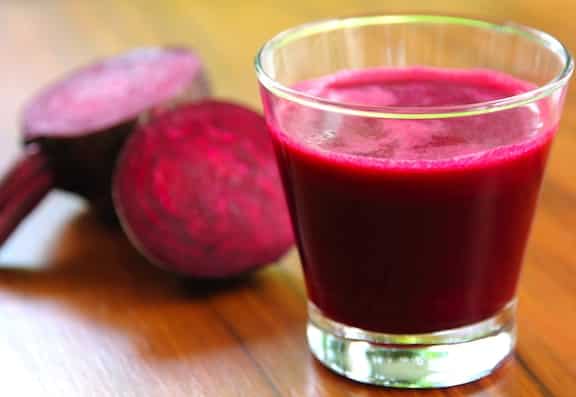Drinking beetroot juice a few times a day for about 48 hours after exercise seems to help with sore muscles after sprinting or jumping.
Beetroot juice energy drink alternative.
Beet juice may help lower your blood pressure.
Therefore people who have kidney stones must at all costs avoid consuming beet juice.
Beetroot juice contains plenty of healthful vitamins minerals and antioxidants.
Smiksha it is better to eat carrot and beetroot as such.
Hence it is dangerous for people suffering from kidney disorders.
Even those with weak kidneys must consult with their doctors before adding beetroots to their daily diet.
Some suggest you try and stick to consuming 0 5 1 oz of the juice at first combined with other juices so that your body learns to adjust to it.
Boosts energy and stamina beetroot juice helps in opening the blood vessels and thus increases the flow of oxygen throughout your body making you feel more energetic and active.
Beets are good sources of folate potassium vitamin c fiber and.
10 side effects of consuming beet juice 1 kidney stones.
Researchers found that people who drank 250 milliliters or about 8 4 ounces of beet juice daily lowered both systolic and diastolic blood pressure.
Dangerous for kidney patients.
Insufficient evidence for high blood pressure.
From the garden to the glass beets are getting a second life.
6 there have also been reports of gastrointestinal illness linked to raw beetroot consumption.
When we drink the juice then we assume that a lot of vitamins and minerals go into our body.
Drinking beetroot juice could provide several health benefits such as lowering blood pressure and reducing.
7 the fructans a form of short chain carbohydrates can be problematic for those with a sensitive gut.
Some of the side effects of the beetroot juice are as follows.
Drinking beetroot juice should be strictly avoided by patients suffering from kidney disorders because of its folate content.
When we eat them it has a lot of fiber and very less sugar as we cannot eat too much of it.
Beetroot juice consists high level of betaine and oxalate.
The high levels of betaine and oxalate in beets can aggravate existing kidney problems or give rise to new ones.










